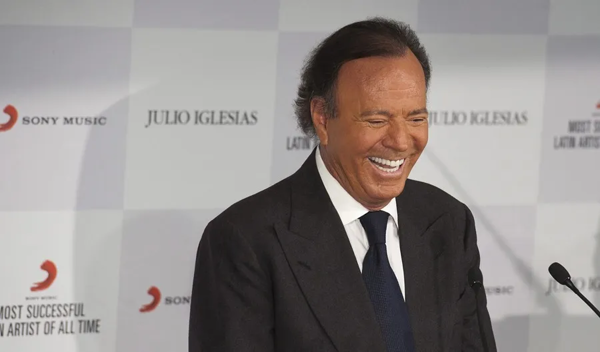Politics is undergoing a radical change regarding what is relevant for winning votes. Instead of focusing on concrete proposals about housing, education, healthcare, or pensions, what seems to score points nowadays is engagement, virality, reposts, and followers gained through extravagant and controversial ideas. Examples include Trump's proposal to annex Greenland to the United States or Milei's idea of legalizing the organ trade market in Argentina.
Falsehoods have also gained alarming relevance in political discourse, spreading lies aimed at vulnerable groups that, when repeated frequently, are assumed as true by the population. This type of hate speech reinforces dominant racist, ableist, and fatphobic narratives, promoting verbal and physical violence against those who do not fit into that narrative, resulting in stigmatization and social exclusion.
In the Spanish context, Vox has stood out for the dissemination of falsehoods and misinformation. The strategy of sowing lies has proven effective, as falsehoods spread rapidly and generate an impact on public opinion, as demonstrated by the case of Mark Zuckerberg's elimination of the fact-checking program, which he replaced with user notes.
The use of new technologies has taken on a crucial role in global politics, as evidenced by the Cambridge Analytica scandal in 2016, which used private data from Facebook users in Trump's presidential campaign. The interaction between technology and power has become inseparable, influencing electoral processes and the dissemination of personalized political messages.
Trump's electoral victory, both in 2016 and 2024, was marked by the decisive role of new technologies. In the latest election, Elon Musk and his platform X played a key role in the Republican's triumph, demonstrating the influence of social media in current politics. New technologies, which were initially associated with capitalism and mass production, have acquired a leading role in the global political landscape.
The rise of technopopulism and the dissemination of falsehoods have become a concerning reality. Misinformation, the propagation of lies, and the lack of data verification have become commonplace in political discourse, fueling narratives of hate and exclusion. The relinquishing of control and oversight of technological platforms to political actors with polarized agendas poses a danger to democracy and society as a whole.














